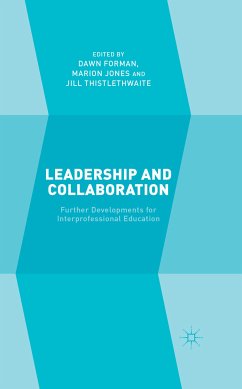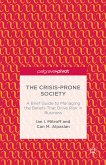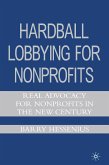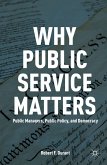Dieser Download kann aus rechtlichen Gründen nur mit Rechnungsadresse in A, B, BG, CY, CZ, D, DK, EW, E, FIN, F, GR, HR, H, IRL, I, LT, L, LR, M, NL, PL, P, R, S, SLO, SK ausgeliefert werden.
Hugh Barr, President, the Centre for the Advancement of Interprofessional Education, Emeritus Editor, the Journal of Interprofessional Care, Emeritus Professor of Interprofessional Education, University of Westminster, UK
Developing interprofessional education for patient centred collaborative practice requires leaders who understand the complexities of practice education, the possibilities of interprofessional education and who possess the knowledge and skills to bring both together in order to effect fundamental changes in health and social care systems. This monograph illustrates these fundamentals in interesting and useful ways. The contributors draw on their experiences of IPE in many settings, both academic and practice, and in many global sites. They further our understanding of IPE for collaborative practice, and clearly illustrate that informed and wise leadership of interprofessional collaborative practice can provide high quality patient care. This is an important and welcome addition to the literature.
Professor John H.V. Gilbert, Co-Chair, Canadian Interprofessional Health Collaborative
This timely book provides compelling reading for every-one grappling with the issues of developing integrated workforce solutions to deliver essential health outcomes in a world of more chronic and complex disease. The editors have assembled a truly international and inclusive team, who are at the vanguard of the policy, theory, practice, and scholarship of interprofessional education and collaborative practice. This rich collection addresses several significant gaps in the literature and will provide valuable insights for all those striving to break-down the wall of silo-based healthcare provision and education, that is proving so detrimental to progress. Everyone, including healthcare policy makers, leaders, academics, practitioners, administrators, and students, will find something of value to enrich their own professional practice in the context of the rights of communities for better healthcare.
Chris Roberts, Associate Professor in Primary Care and Medical Education, University of Sydney, Australia









